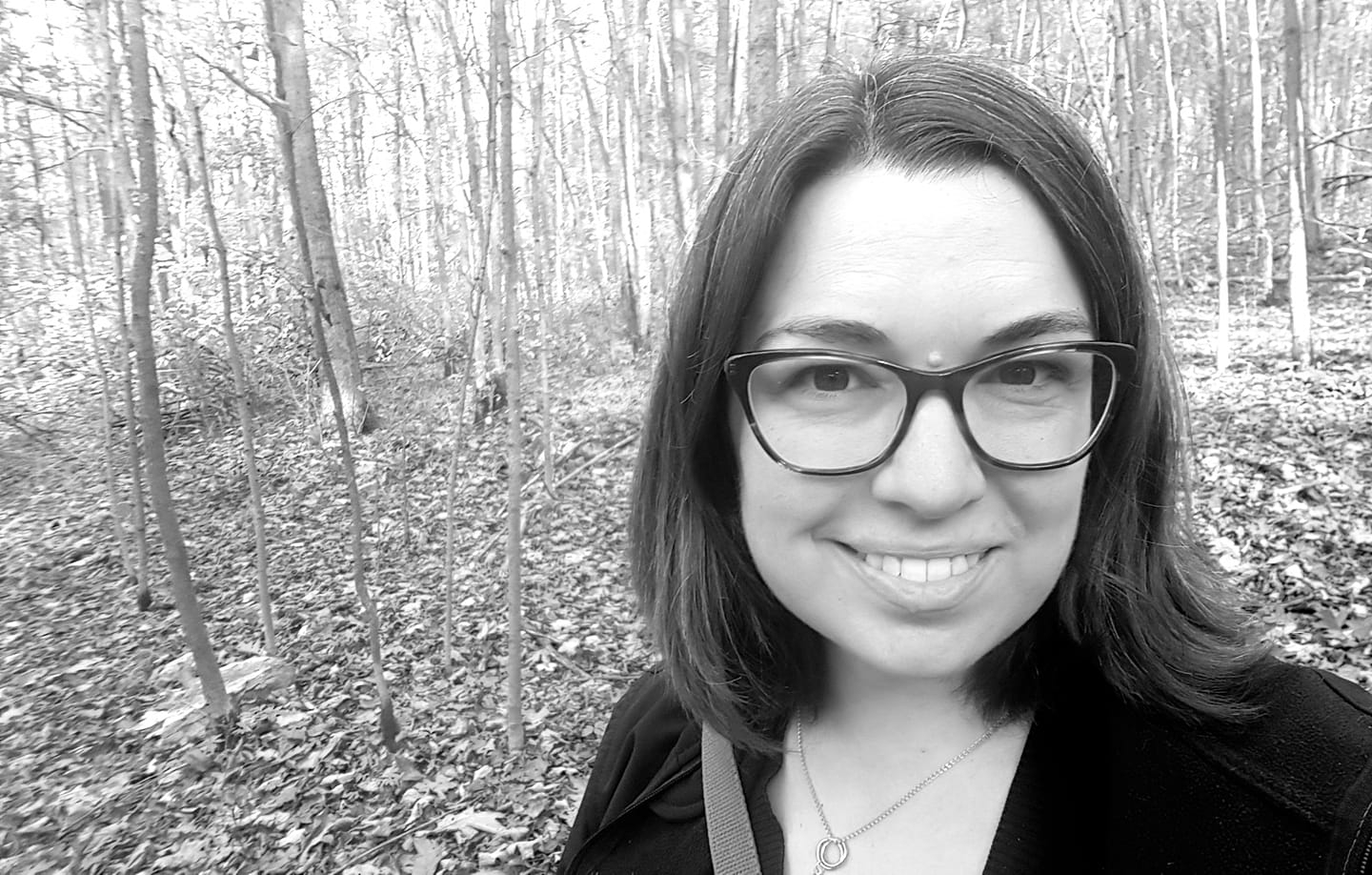A few weeks ago, my husband and kids and I took a road trip out to Northwestern Ontario for a bit of a reunion on my family’s side – five out of us six siblings were there, plus their partners, kids, our parents, and my mom’s older brother and his wife. (I had mentioned in a previous post that our family was a sprawling and unwieldy bunch when I was a kid – now with another generation in the mix, we’ve notched that up exponentially!)
We spent a marvellous five days together at a picturesque little corner of Lake of the Woods near Sioux Narrows, camping in some cute cabins lined up right at the water’s edge.
One evening, we put all our folding-chairs in a big circle on the beach, my brother brought his guitar out, and we all sang songs together – laughing uproariously at the goofy ones we dredged up from memories of childhood summer camps, Scouts, and elementary school music classes.
My dad, who was sitting next to me, was beaming. As the singalong dwindled, in that intergenerational family setting, it seemed just right to chat together about generations past as well. He and I talked about his feisty grandmother, my granny Hazel Hadley Clink, who had lived to be 101, and about her personality and life circumstances.
Hazel’s parents were farmers who had moved to Northwestern Ontario in 1902, when Hazel was barely a toddler. Resources were scarce. They only had enough money to send one of their children to school beyond the education they could get at the local one-room schoolhouse, and Hazel’s sister Anna was the one who got to go for her teacher’s training and have a career.
She was never resentful of this, my dad said; or at least if she was, she never showed it. She and her family were aware of what they didn’t have and what the implications were for all of them; that was just how things were. But, my dad recounted, the Hadleys also knew what they did have, and they celebrated that. They may have “only” been poor farmers way out in isolated rural Ontario, but the Hadley family loved books, poetry, music, theology, humour, and conversation, and they made time and space for those values in their daily lives.
Even with the little education she had, Hazel was well-known in her community as a prolific poet, and right up until the end of her life could recite a prodigious number of poems of all sorts. When her own kids were grown and she was finally able, Hazel took university courses in classics, writing, and other subjects – not to launch a new career, but for the sheer delight of learning.
“I wish I could have had more time to know her better,” I mused. “Granny was so interesting.”
Dad responded a bit obliquely. He told me about a teacher he had worked with who asked their class what they would want to leave behind after they die. The most common refrain was “I want people to remember who I was! I don’t want to be forgotten!”
“Okay,” his colleague had replied, “Who here can tell me the first name of any one of your great-great-grandmothers?” The class fell silent. “You see?” the teacher said. “That’s just four generations away from you in your own family, and you don’t even know their names, let alone what was important to them, or what they did – who they were. We have to think differently about what our legacy will be, and the impact that we will have on future generations.”
I sat in silence and chewed on this gloomy story a bit. I guiltily realized that I also was unaware of my own great-great-grandmothers’ names. I had a sudden urgent impulse to round up all the grandkids there, have them drop their toys, hush their chatter, and make them listen as we talked about their great-great-grandmother Hazel. Sit quietly, and pay attention, kids, I’d bark at them, so lovingly. You are responsible for carrying on this legacy! “Dad,” I said, “that is kind of a depressing thing to think about.”
Dad turned to me. He hadn’t stopped smiling beatifically the whole time, and seemed wholly unconcerned about corralling the kids into a family ancestry lesson, which I felt was pretty irresponsible of him under the circumstances.
“Not at all,” he said. “Look around! This is that legacy! I benefited from the Hadley legacy when I was growing up. I was shaped by how my family viewed the world, their relationships with others, their curiosity and humour and love of music, and their love of Jesus. It made me who I am, and that let me pass that on to you kids, just as natural as breathing. And now I get to see you and your kids living in that legacy too. Knowing names is fine, but nothing could be better than seeing how the legacy lives and breathes.”
We settled in and watched the living and breathing around us. Laughter, conversations, gentle tunes from my brother’s guitar, one of my sisters cleaning through wild blueberries that she had picked, the kids splashing in the shallows and making buckets of “foot-water tea”. It’s a good legacy.
Thank you, Granny. Pass it on with joy, kiddos.

